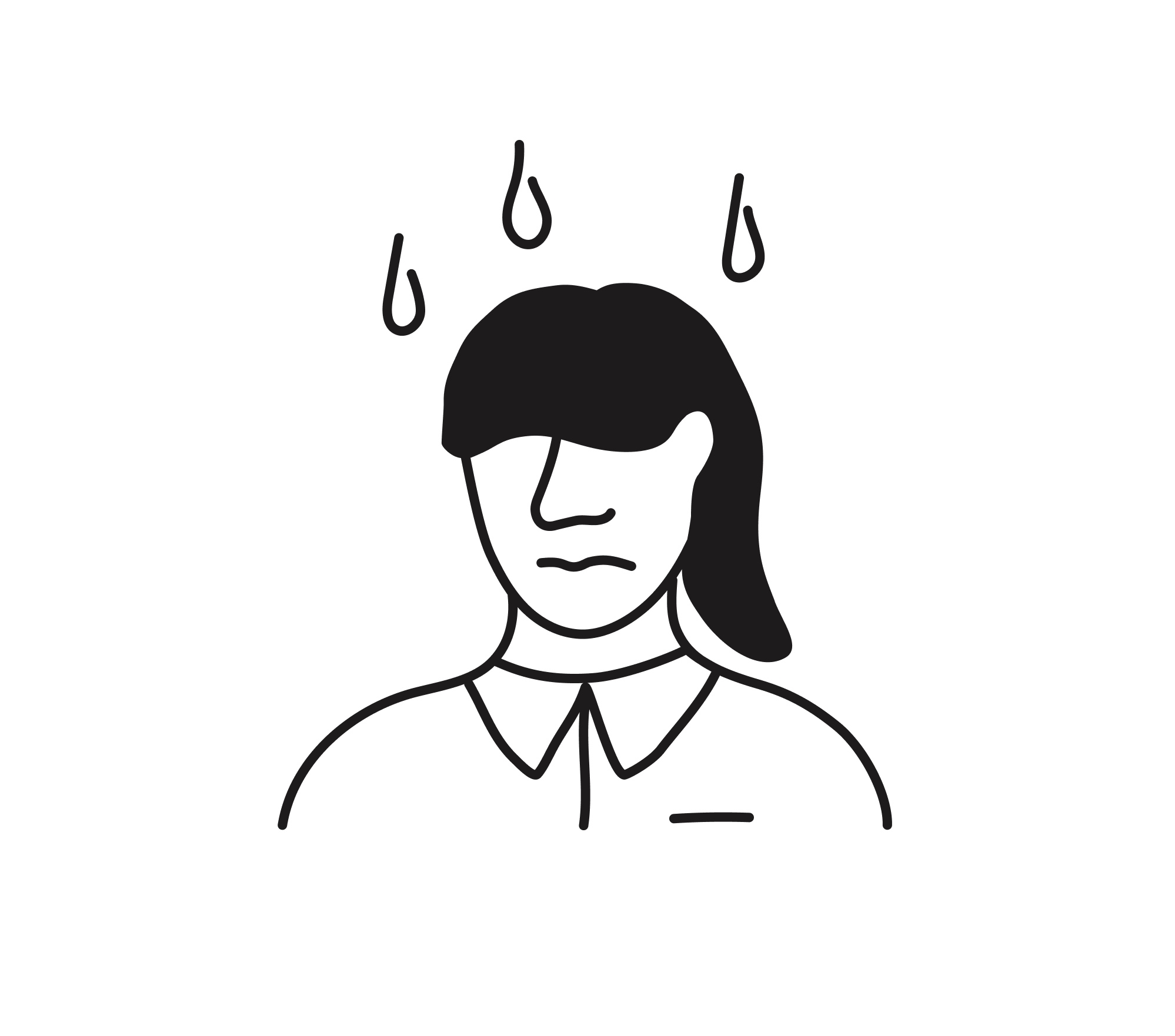Wellbeing blog
Thank you! Your submission has been received!
Oops! Something went wrong while submitting the form.
Featured blog
All blogs
Showing 20 out of 20 results
No results found.
Please try different keywords, or select a different category.
Back to top



